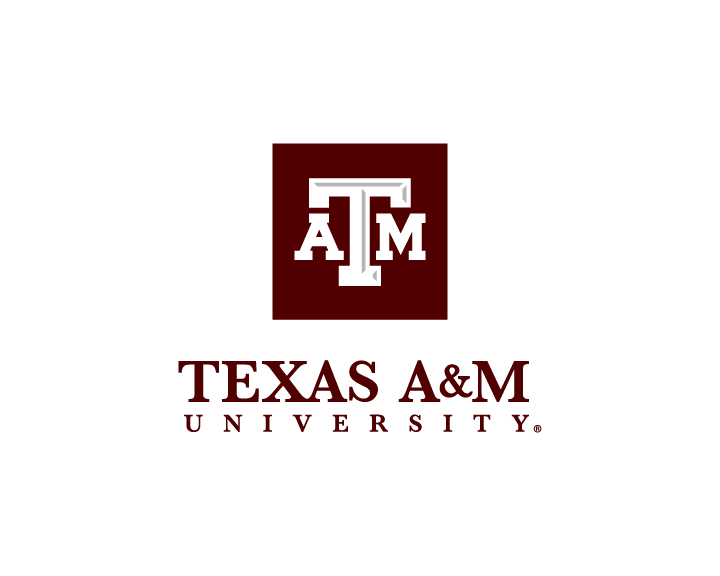Texas A&M: Counseling & Psychological Services Partners With 24/7 Mental Health Support App
Aggies can now access immediate mental health support through My Student Support Program, an application that can connect students with virtual counseling services and a library of resources at no cost.
The new partnership with My Student Support Program (MY SSP) this semester augments the services offered by Counseling & Psychological Services (CAPS) at Texas A&M University. The program will make mental health resources accessible for all students 24 hours per day, seven days a week as the demand for counseling services increases.
“This is a very large platform we’ve been able to tap into,” said Mary Ann Covey, a licensed psychologist and director of CAPS. Through MY SSP, students are connected with licensed psychologists, counselors and social workers who are located throughout Texas. Appointments can range from short live chats and phone calls to crisis counseling, she said. Students can speak with the same counselor multiple times through confidential telephone or video appointments, and all communications are confidential.
With more than 72,000 students at Texas A&M, MY SSP will help CAPS provide quality treatment to as many Aggies as possible. The spring semester began Jan. 18, and demand for services are high, Covey said, with many students facing worries and anxiety as they return to in-person class amid the ongoing coronavirus pandemic.
Almost 200 people had requested appointments at CAPS as of Thursday, the third day of the new semester. By the end of the week, Covey said she expects the total will be more than five times as high as the demand seen during the beginning of the spring semester in 2018. That semester, 59 students registered for services in the first week of classes.
People are responding in different ways to the latest stage of pandemic, making it hard for students to process their feelings, Covey said. There are those who have heightened anxiety that classes might shift online, and miss a sense of structure and connectedness through organizations and events. Then there are the students who feel fatigued and apathetic toward wearing masks and other safety protocols.
“They’re like, ‘I’m just so over this,’” she said. “That is really making it hard for students to navigate. You kind of have this question of, ‘How am I taking care of myself during this?’ and it’s really difficult when they’re going through such wildly different experiences.”
Covey said it’s her hope that the partnership with My SSP will enable more Texas A&M students to become “mental health care empowered.”
This means taking a preventative approach to managing mental health, she said, by learning how to prioritize mindfulness and manage anxiety and other problems before they become a larger issue.
Through the app, students have access to an extensive library of videos, articles, podcasts and other content addressing mental health and wellbeing. Anonymous assessments for depression, general anxiety and alcohol and drug use are also available.
“This really tries to connect people to resources, to help them start investing in life changes and teaching themselves things to improve their mental health. Those are things that we really want to get to our students,” Covey said.

